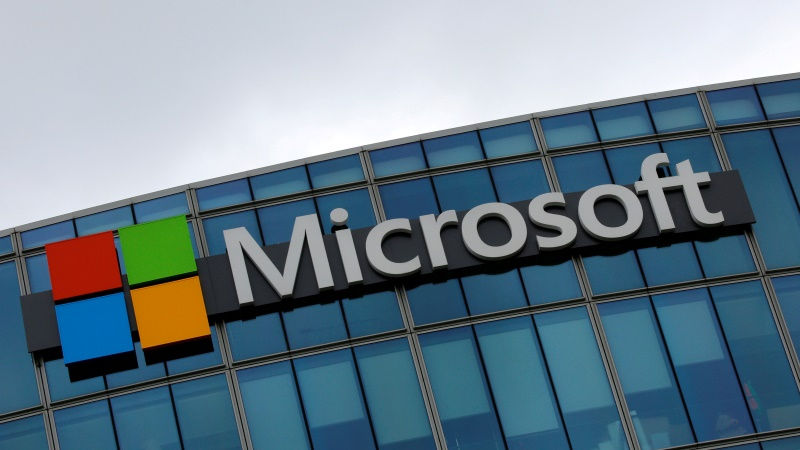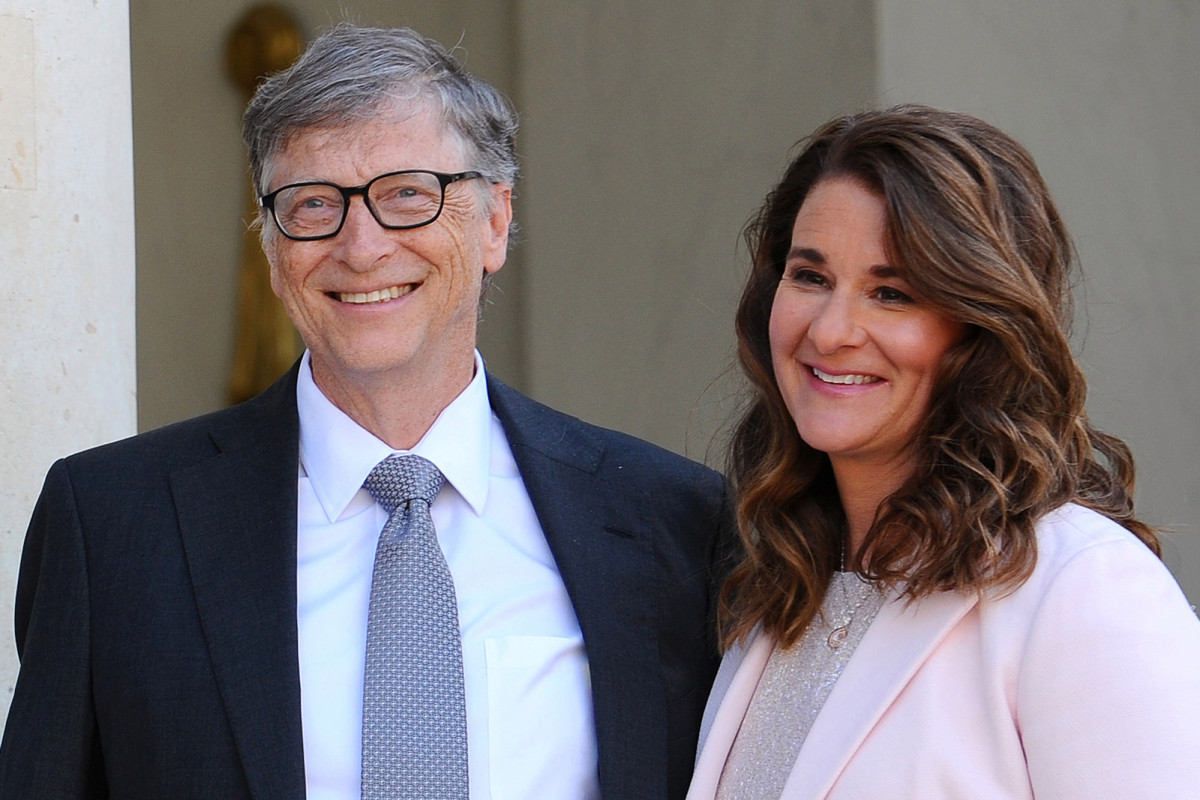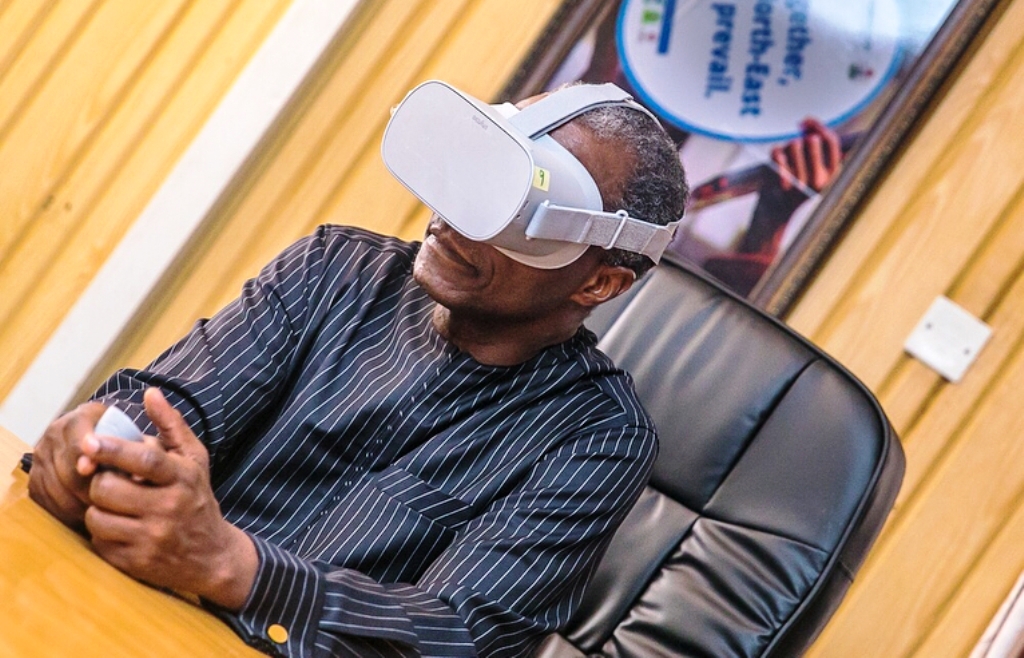Internationally renowned streaming platform, Netflix whom in 2016 established a significant partnership with Nollywood to enhance its presence in Nigeria when it began to collaborate on distribution rights of popular films and production of original content, such as Genevieve Nnaji’s Lionheart, the first Nigerian Netflix original had reportedly made known its intentions to leave the Nigerian movie market.
Although the Group Account Director, Edafe Onoriode, from Netflix’s public relations agency, Hill and Knowlton Strategies, had responded to the claims reiterating its commitment to Nigeria’s burgeoning creative industry, prominent filmmaker Kunle Afolayan during the recently held 2024 Zuma International Film Festival in Abuja confirmed that Netflix has stopped commissioning Nigerian original content.
According to the renowned filmmaker, Netflix’s management informed filmmakers during a recent party that they would no longer fund Nigerian movies.
Netflix, like other multi-national businesses, is closing or relocating due to many factors, including persistent economic issues, currency instability, and high operational expenses.
This year undoubtedly proved to be one of the most challenging periods for businesses in Nigeria, and this is true, with the dynamics that so far trailed the removal of fuel subsidy, other economic policies from the Bola Tinubu-led administration such as the floating of naira which have somewhat exacerbated living costs, impact naira devaluation, and invariably constrained consumer spending power throughout this year.
This, coupled with other macroeconomic malaise plaguing the nation in the past years, has resulted in many businesses exiting Nigeria since 2023.
In this post, we’ll share the number of companies that left Nigeria in 2024 and the reasons for their exit.
Pick n Pay
South African retail giant Pick n Pay, which recently announced it will exit Nigeria, selling its 51% stake in a joint venture.
In October, South African retail giant Pick n Pay, announced it will exit Nigeria, selling its 51% stake in a joint venture.
The CEO, Sean Summers, explained that this aligns with the company’s restructuring efforts outside South Africa.
Initially partnering with A.G. Leventis (Nigeria) in 2016, Pick n Pay opened its first Nigerian store in 2021, eventually operating two locations.
Microsoft Nigeria
In May, Microsoft, confirmed its plans to shut the Africa Development Centre, in Lagos Nigeria, explaining that it was part of its normal organizational workforce adjustments.
Giving reason for its action, a top official at the company disclosed to newsmen that: “Microsoft has decided to close the Africa Development Centre in Nigeria. And as a result, some of our employees based in Nigeria will be impacted.
“We will continue to operate in Nigeria, and we remain committed to Nigeria’s transformation objectives. As such we will continue to invest in our business and key growth areas in the region.
“Organizational and workforce adjustments are a necessary and regular part of managing our business. We will continue to prioritize and invest in strategic growth areas for our future and in support of our customers and partners.“
PZ Cussons Nigeria PLC
British consumer goods group PZ Cussons Plc,in September, announced its plans to sell its African subsidiaries, where Nigeria and Kenya are the main manufacturing hubs to any interested buyer.
“‘Our FY24 reported results fell short of our initial expectations, primarily due to the macroeconomic developments in Nigeria which, as we indicated last year, would significantly affect our results,” the group disclosed in its earnings report.
“The 70% currency devaluation over the course of the financial year has, therefore, caused a significant impact not only on our local business but also on the profitability and financial position of the Group.”
Kimberly-Clark Nigeria
In may, international multinational manufacturer of diapers and sanitary products, Kimberly-Clark, announced its plan to stop production of Huggies diapers and the sanitary pad brand Kotex in Nigeria.
Kimberly-Clark confirmed that it is leaving Nigeria after almost 15 years in the country and less than three years after it opened a new US$100–million manufacturing facility in Ikorodu, Lagos.
The company in a short press release, said that it is a “difficult decision” made due to “refocused company strategic priorities globally as well as economic developments in the country”.
“Kimberly-Clark will close its manufacturing facility and commercial office in Lagos and will no longer manufacture, market, or sell its Huggies and Kotex products in the country,” the statement reads.
“Consistent with Kimberly-Clark’s value of care, the company’s top priority will be to fulfil its obligations and ensure that employees and partners are treated with fairness and respect.”
Diageo PLC
In June, Diageo, owners of Guinness announced it will exit the Nigerian market and sell off its controlling shares to Singaporean conglomerate Tolaram Group after operating in Nigeria since 1950
The brewery brand in a statement disclosed that its recorded a staggering N61.9 billion loss after tax between July 2023 and March 2024, just a few months after President Tinubu floated the naira in an effort to unify the currency’s value on the official and parallel foreign exchange markets.
“Under the terms of an agreement signed today, 11 June 2024, Tolaram will acquire Diageo’s 58.02% shareholding in Guinness Nigeria royalty agreements for the continued production of the Guinness brand and its locally manufactured Diageo ready-to-drink and mainstream spirits brands,” the company said
Total Energies Nigeria
In Feburary, French oil major TotalEnergies announced plans to sell its minority stake, adding that it wants to divest its share of Shell Petroleum Development Company of Nigeria Limited (SPDC) and is looking to reshape its portfolio since producing oil in the Niger Delta is not in line with its health, security and environmental policies.
“We want to divest our share of SPDC, and we are looking to reshape the portfolio.
“Fundamentally it’s because producing this oil in the Niger Delta is not in line with our (Health, Security and Environmental) policies, it’s a real difficulty,” Patrick Pouyanne, TotalEnergies chief executive officer was quoted by Reuters






